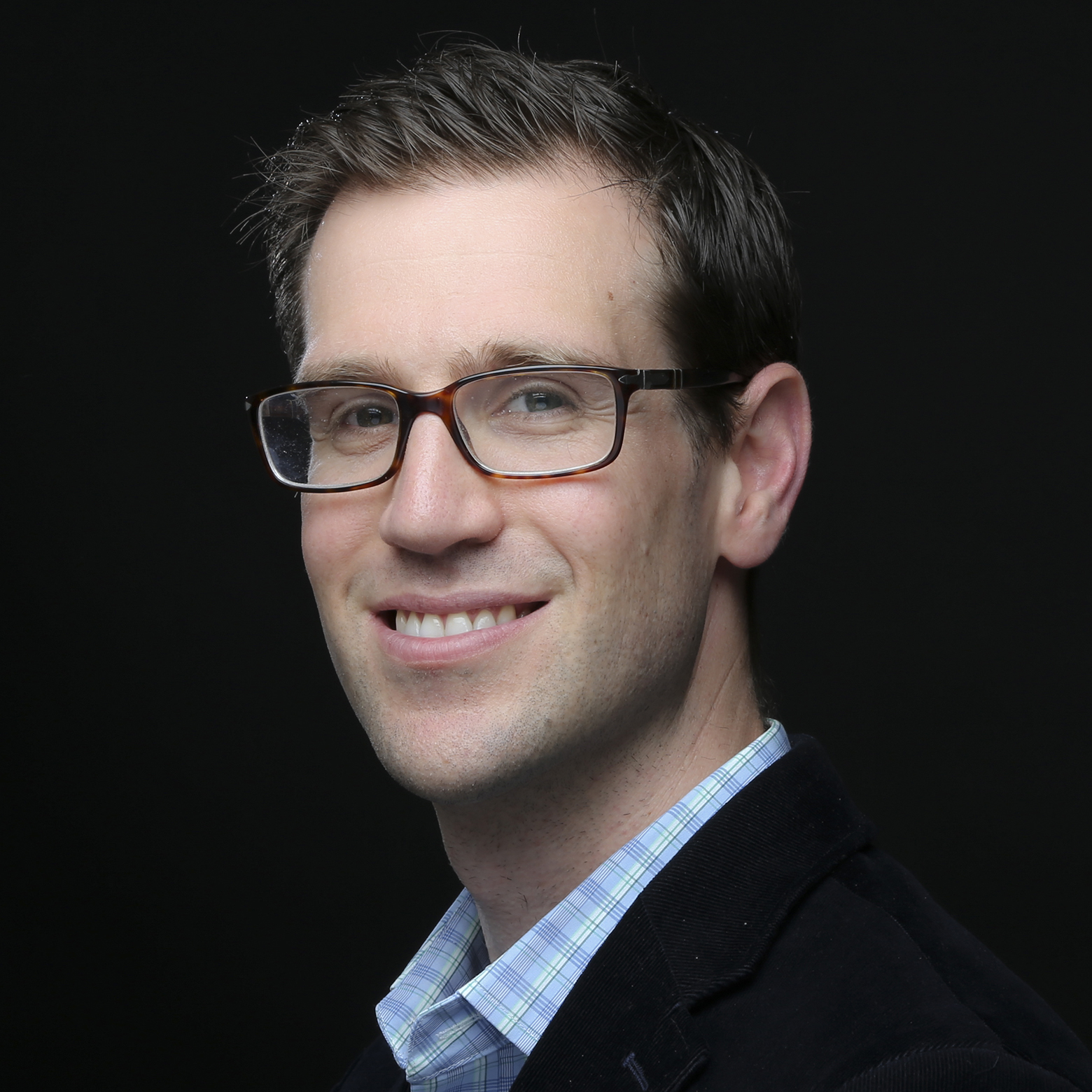Peers for Joy in Work coaching program assists with burnout, physician retention and enhanced patient care
Ontario doctors at risk of burnout are being matched with trained physician peer guides as part of a new coaching program. Peers for Joy in Work helps these doctors find their joy again, stem the flow of physicians leaving the profession and address the growing problem of patients not attached to a family doctor. 
Peers for Joy in Work is a Toronto-based research and quality improvement initiative funded by the Ontario Medical Foundation, the charitable arm of the Ontario Medical Association. It has potential to be scaled across Ontario and across specialities, says program lead Dr. Noah Ivers.
According to Dr. Ivers, research shows that formal coaching is effective in addressing burnout, but it can be expensive, time consuming and not easy to deliver in large numbers.
Dr. Noah Ivers, a family physician at Women's College Hospital in Toronto.
Peers for Joy in Work currently trains willing family doctors to act as peer guides for colleagues who may be finding their day-to-day clinical work frustrating, overwhelming or demoralizing. There is a “matchmaking” component to ensure the peers are a good fit, and that physicians who treat equity-deserving patients can be guided by doctors with similar experience.
“The peer learner needs to feel some sense of connection with the peer guide. And so, there's an opportunity to choose from amongst the trained guides who you'd like to match with,” Dr. Ivers says.
To date, more than 50 physicians have been trained as peer guides, and more than 70 peer learners have been recruited to try out the program. There is already a waiting list for the next cohort.
And it’s yielding results. Physicians in the program are reporting a greater sense of joy because of the coaching – they become more likely to recommend their job to others by the end of the program. Peer guides say they feel good too because they’re helping others and building community.
As part of their preparation, peer guides are armed with practical solutions to some common pain points in running a practice. But most of all, they help physicians find their own answers.
“What we train the peer guide to do is validate the concerns and say, ‘Oh, yeah, I've been there,’ or ‘Oh, yeah, I've heard others have had that problem, too. Here's what they did,’” Dr. Ivers says. “There's some sharing of solutions, but more so it's prompting them to stop and think, why did you set it up that way and what’s another way you might set things up to avoid this going forward?”
Dr. Ivers says the plan is to expand the program to train guides from a variety of communities to be leaders where they live.
“When it comes to equity-deserving groups, the approach will be similar,” he says. “But when peer learners sign up for the program, they're going to have the opportunity to choose from a list of potential guides that look like them or serve in the communities that they do.”
Interested in becoming a peer guide or learner? Sign up and be notified of the next available spot.